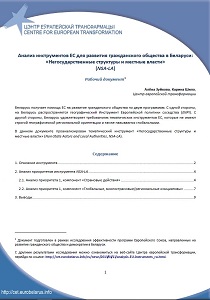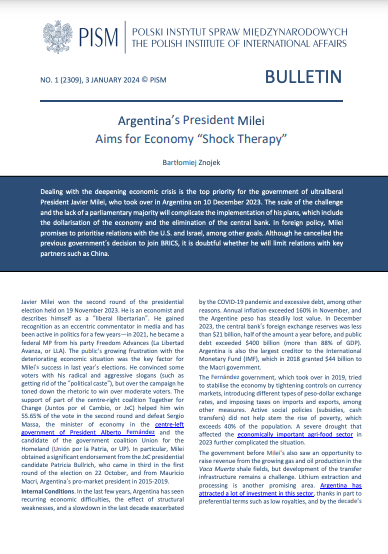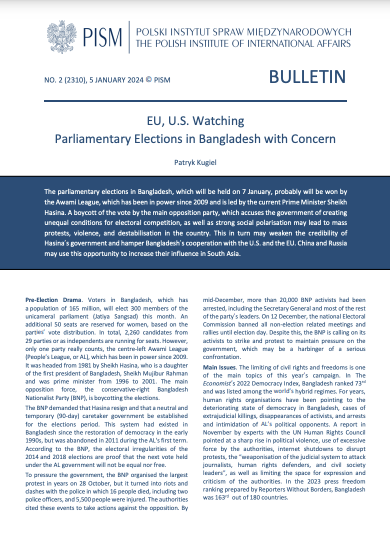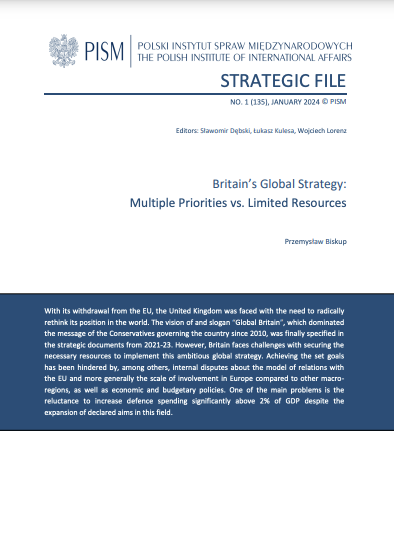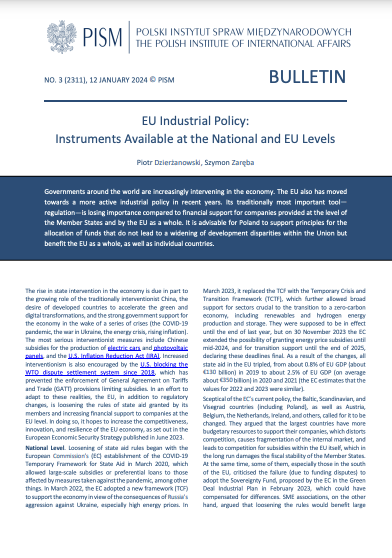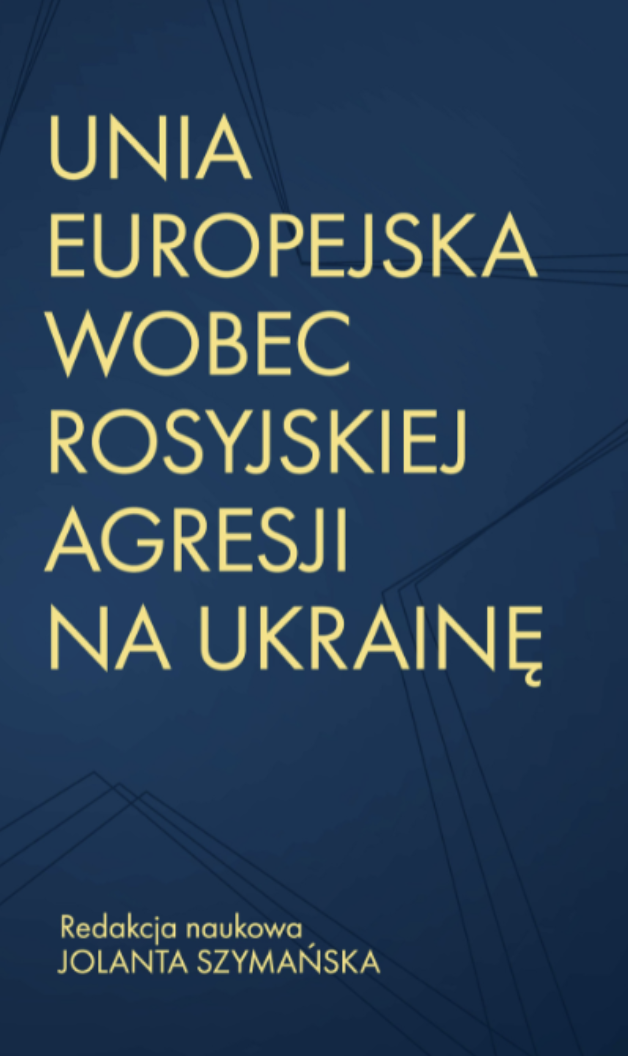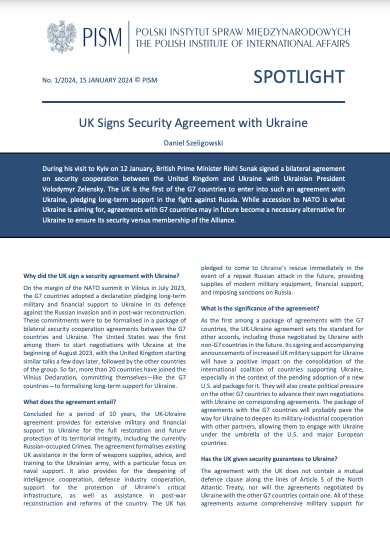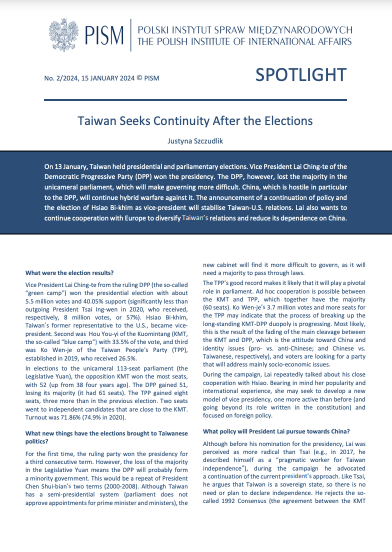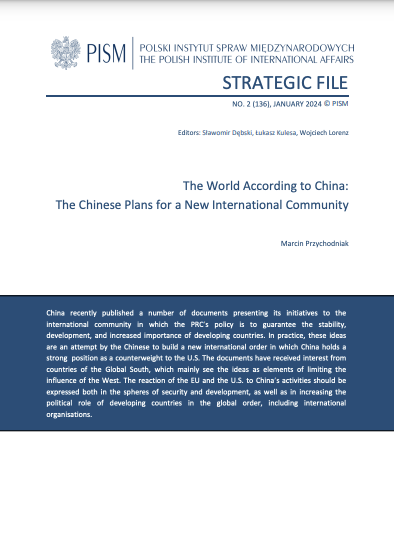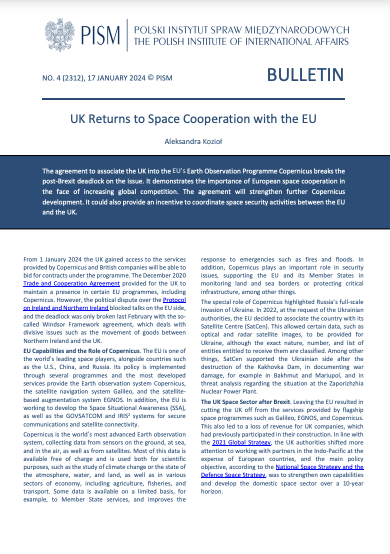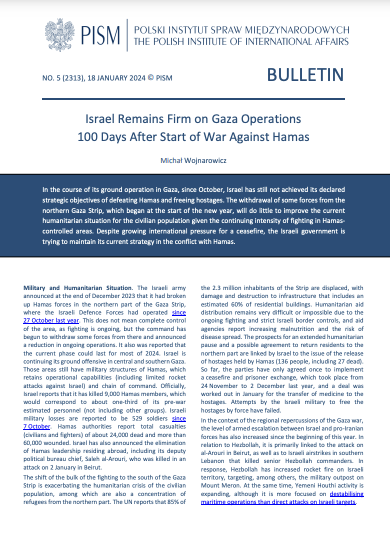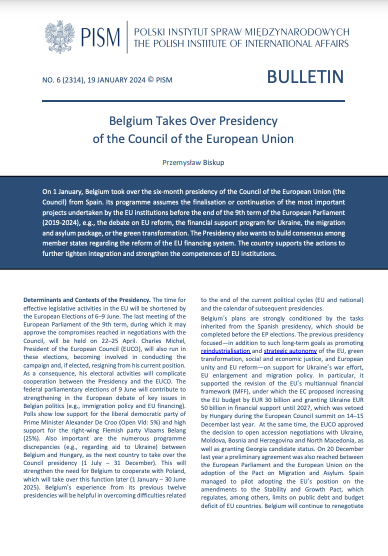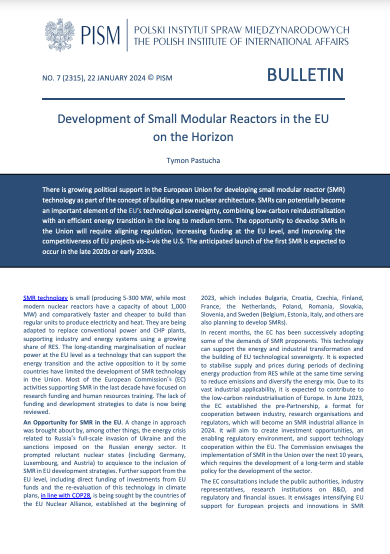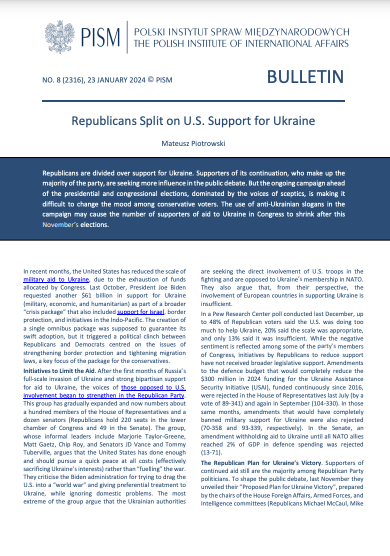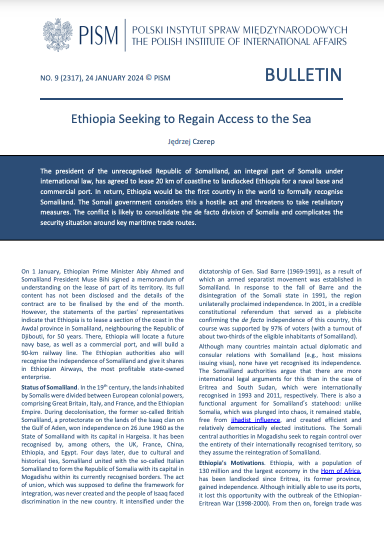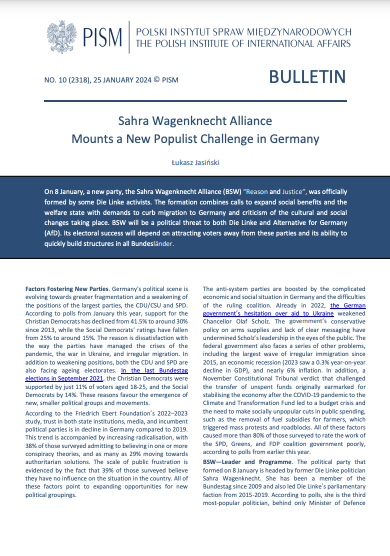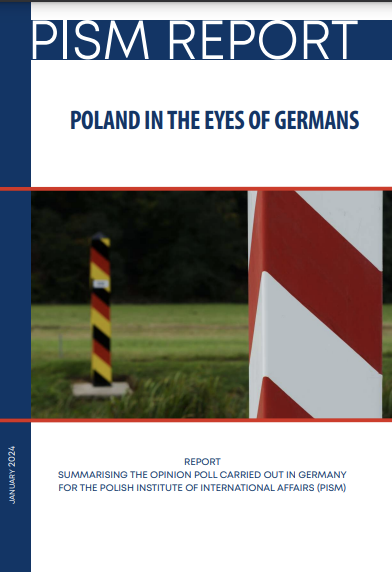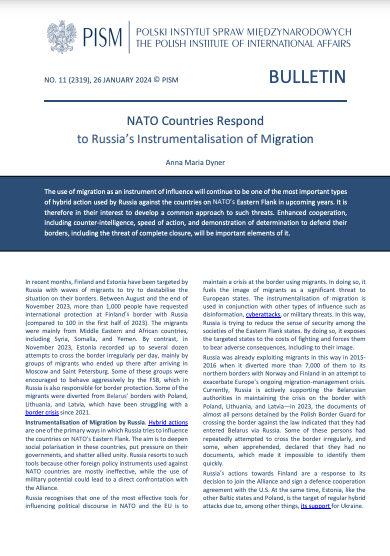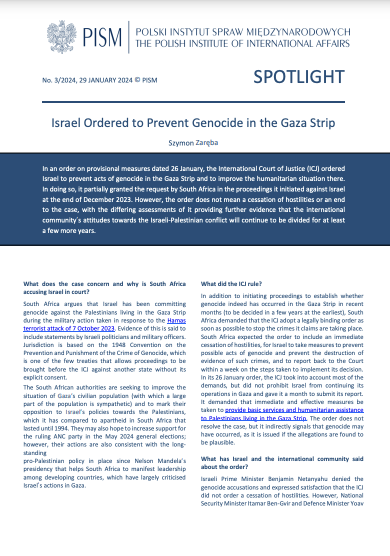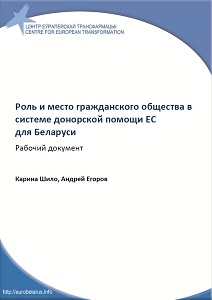
Роль и место гражданского общества в системе донорской помощи ЕС для Беларуси
Belarus is one of the recipient countries of international donor aid for development purposes. Highlighting the question of the role and place of civil society as an independent actor in the provision of donor aid to Belarus is not accidental. The basic principles and directions of world policy for the purpose of development, fixed in the "UN Millennium Declaration" (2000)1, among other things, presuppose the establishment of sustainable partnership relations with civil society organizations (CSOs). Further clarification and development of the provisions of the "UN Millennium Declaration" in the Paris Declaration on Increasing the Effectiveness of Foreign Aid (2005)2 and the Accra Action Program (2008)3 led to the demand for more intensive involvement of CSOs in development policy. Such involvement implies the transformation of CSOs into decision-making subjects and the strengthening of their influence on world development policy. At the same time, principled attitudes are not always translated into political practice, so the actual role of civil society in the implementation of international donor aid is of special research interest. For Belarus, this problem is all the more important, due to the special conditions of existence of civil society in an authoritarian political system. Independent public structures in the country are deprived of financial support from the state and have limited access to any other financial resources, as a result of which they are fatally dependent on external funding. The development of the civil society of Belarus is largely determined by the structure, mechanisms, thematic priorities and general principles of international development policy.
More...
